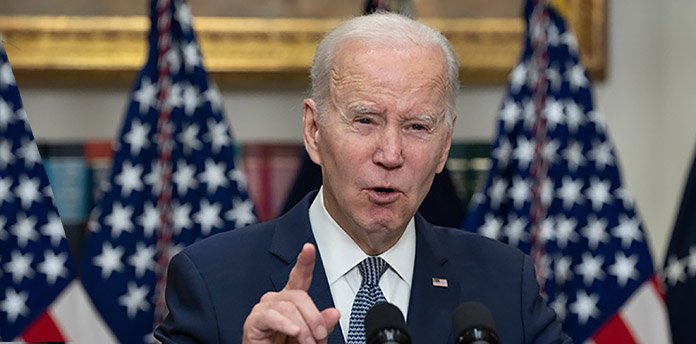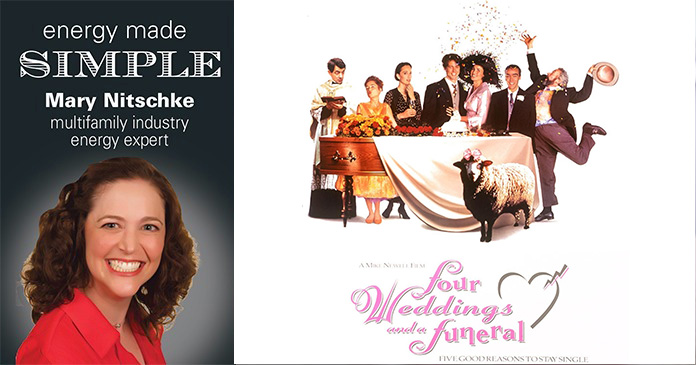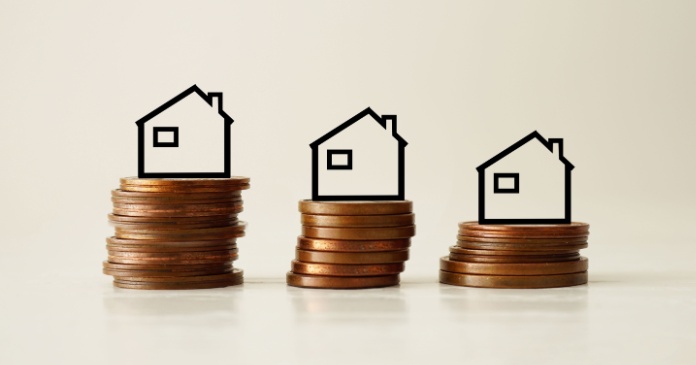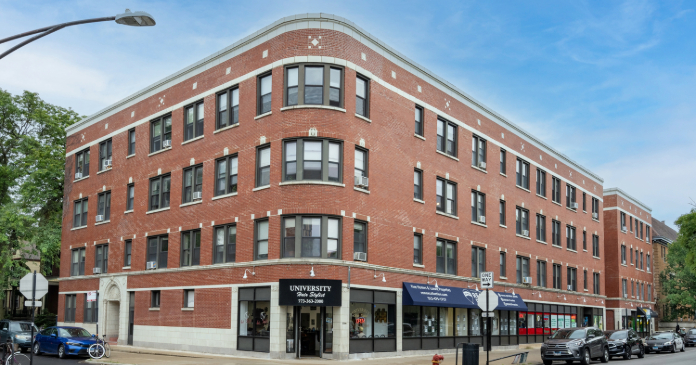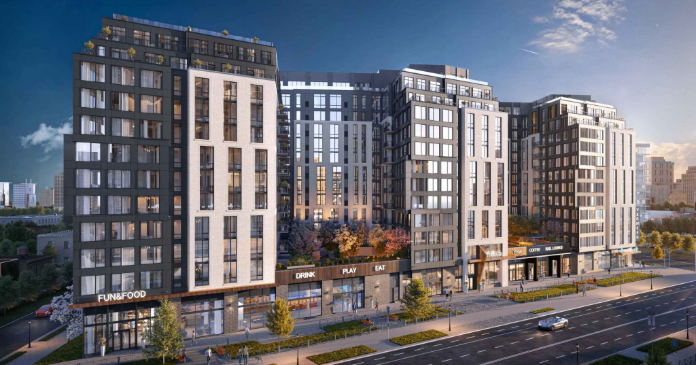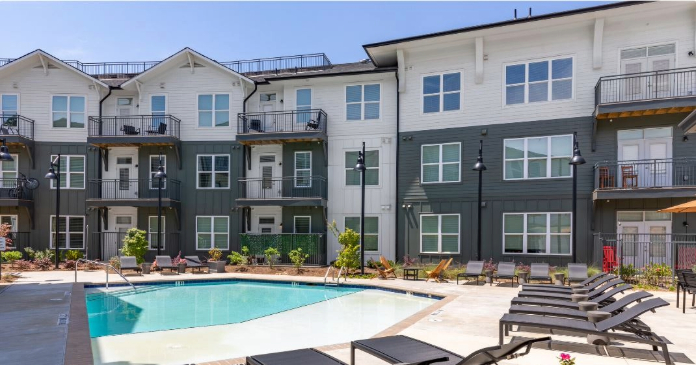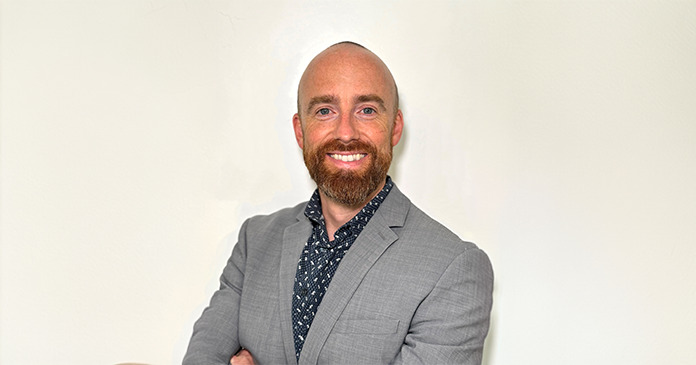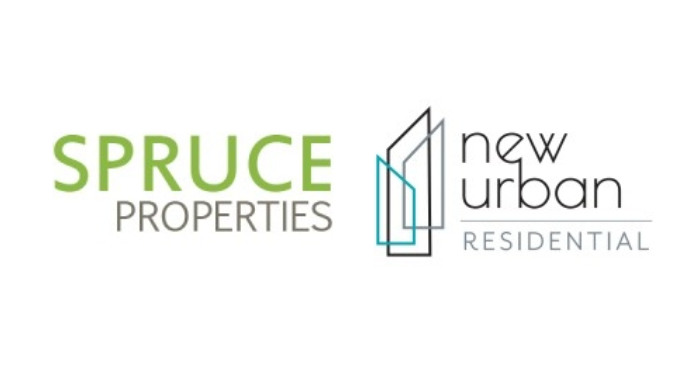Fully 66 percent of Americans have an unfavorable opinion of an economy managed by the government while 58 percent have a negative view of socialism. Only 21 percent reported a negative opinion of free markets but nearly double that, 38 percent, have a negative view of capitalism.
Interestingly, while younger people have a more positive of opinion of socialism and a government-managed economy than older people, they are about equally likely to say they favor the free market system and capitalism as older Americans.
Among college-aged Americans, 58 percent report a positive view of socialism and 56 percent a positive view of capitalism. In contrast, only 28 percent of seniors have a positive view of socialism while 61 percent have a favorable view of capitalism. This may give the impression young people are trending socialist.
However, college-aged Americans are far more supportive of a free market system (72 percent) than they are of a government-managed economy (49 percent). Seniors concur with young people on the free market system (74 percent), while only 28 percent have a positive view of a government-managed economy.
Several forces could likely be at play. First, young people don’t know what these words mean. The fact that they are more favorable toward socialism than a government-managed economy, which if anything is socialism-lite, demonstrates this. Second, young people like free markets and the technology, products, and wealth it creates, but they also want to feel confident the poor have access to what they need. In their minds socialism might simply connote a social safety net rather than government ownership. Third, individuals often trend left in their youth, but may change as they age. Fourth, this cohort of young people may be systematically different from older generations in holding a preference for both markets and government activism. It remains to be determined how this young generation will make the trade-off when markets and government action are at odds.
Examining other demographics differences confirms that capitalism as a concept is more popular among those with more education and income. For instance, 48 percent of those with high school diplomas or less have a favorable view of capitalism, compared with 62 percent of college grads, and 78 percent of those with post-graduate degrees. Those making more than $90,000 a year are 22 points more likely to favor capitalism than those making less than $90,000 a year (73 to 51 percent respectively).
White Americans favor capitalism over socialism 56 to 29 percent. However, African-Americans report being favorable to both capitalism (51 percent) and socialism (55 percent). Hispanics are more supportive of capitalism with 53 percent supportive of capitalism; 45 favorable of socialism.
Democrats are split in half on capitalism and socialism. Fifty-three percent say they have a favorable view of capitalism and 50 percent a favorable view of socialism. In fact nearly 3 in 10 Democrats have a favorable opinion of both socialism and capitalism.
While independents share Democrats’ skepticism of capitalism (48 percent favorable) they are far less supportive of socialism (33 percent favorable). Republicans predictably are strongly favorable of capitalism 62 to 33 percent, and fervently oppose socialism 18 to 77 percent.
Seven in 10 Tea Partiers have a favorable view of capitalism. Excluding tea partiers from the calculation, only a slim majority of Americans, 51 percent, have a favorable view of capitalism.
The decision between the free market economy and a government-managed economy is far less controversial. Roughly two-thirds across racial groups favor a free market economy. Nevertheless, while 26 percent of Caucasians have a positive reaction to a government-managed economy, roughly 4 in 10 African-Americans and Hispanics have a favorable view a government-managed economy.
Education similarly correlates with attitudes with post-graduates being nearly 20 points more likely than high school grads to favor the free market system (83 to 64 percent). Nevertheless, strong majorities across educational groups like free markets.
Differences are also diminished across income groups: 7 in 10 Americans making less than $90,000 a year have a positive view of free markets, as do 8 in 10 Americans making more than $90,000 a year.
Partisans also agree with 7 in 10 favoring free markets. Yet, Democrats are about twice as likely as Independents and Republicans to have a favorable view of an economy managed by the government (41 to 20 percent respectively).
These results indicate that the public thinks differently about the words “free markets” and “capitalism.” These words do not carry the same meaning. While Americans don’t like “socialism” nor a “government-managed economy,” socialism is more palatable to Americans than a government-managed economy. This implies Americans must not think that socialism necessarily means the government runs the economy. Instead, Americans may think of socialism as government providing social services.
Author: Emily Ekins is the director of polling for Reason Foundation




